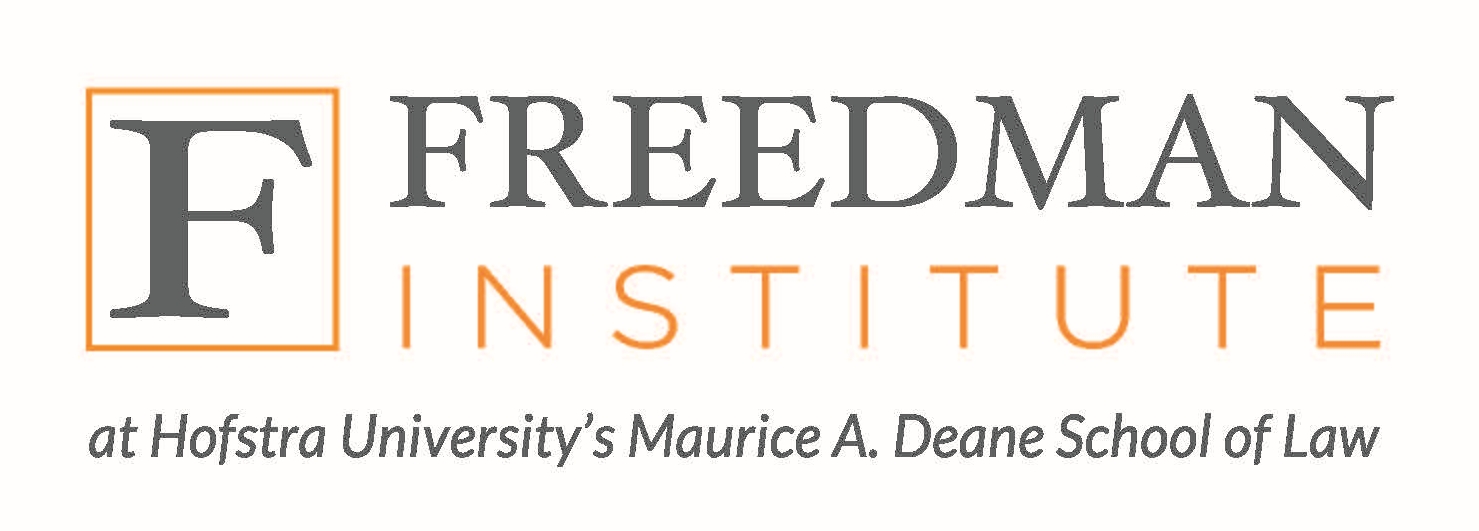Start Date
14-10-2007 8:00 AM
Description
This is Hofstra’s sixth major conference on legal ethics. (We previously held conferences in 1996, 1998, 2001, 2003 and 2005.) By holding these conferences once every two or three years rather than annually, we can devote greater resources to each conference.
This conference differs somewhat from our past conferences in that we have invited many more practicing lawyers to speak than usual because the subject of this year’s conference, lawyering at the edge, is a subject that demands personal experience as much as academic theory. We need to hear stories and advice from people who have personally explored the outer edges of the legal universe and can tell us how they dealt with the challenges they faced on the frontiers. And we need scholarly analysis of these personal stories to put them in perspective and tie them to the larger themes that shape our professional lives. We believe our speakers reflect the best of both worlds – the raw experience of practicing lawyers and the detached analysis of law professors who study legal ethics.
In presenting these outstanding speakers, our approach is to focus intensely on each individual speaker. We do this in three ways.
First, we give each speaker free rein to choose a topic. (We do not assign topics.) Within the broad theme of lawyering at the edge, each speaker has chosen a topic of particular personal interest and importance.
Second, we bring each speaker to the podium alone, without any co-panelists, for nearly an hour. During the first part of the hour, each speaker will discuss some aspect of lawyering at the edge. During the rest of the hour, the floor will be open for questions and comments from the audience. (Note that we have standing microphones in the aisles for this purpose.)
Third, every session is a plenary session. Therefore, every speaker can address the entire audience, and entire audience can hear every speaker.
We hope that the conference will have a lasting impact on the field of legal ethics. The exchange between the speakers and the audience will influence the shape of the formal papers, many of which will be published in a special symposium issue of the Hofstra Law Review next year. We expect these papers to be widely read and to be in demand in hard copy and on Westlaw for years to come.
Even more important, we hope that this conference will have a lasting impact on you personally. Whether you teach, practice or use your knowledge of legal ethics in other ways, we hope this conference will provide new ideas that will enhance your professional life. We are delighted that you are here. We thank you for attending, and we thank Hofstra University for supporting this wonderful event.
Roy Simon
Conference Director
A Message From the Conference Director
This is Hofstra’s sixth major conference on legal ethics. (We previously held conferences in 1996, 1998, 2001, 2003 and 2005.) By holding these conferences once every two or three years rather than annually, we can devote greater resources to each conference.
This conference differs somewhat from our past conferences in that we have invited many more practicing lawyers to speak than usual because the subject of this year’s conference, lawyering at the edge, is a subject that demands personal experience as much as academic theory. We need to hear stories and advice from people who have personally explored the outer edges of the legal universe and can tell us how they dealt with the challenges they faced on the frontiers. And we need scholarly analysis of these personal stories to put them in perspective and tie them to the larger themes that shape our professional lives. We believe our speakers reflect the best of both worlds – the raw experience of practicing lawyers and the detached analysis of law professors who study legal ethics.
In presenting these outstanding speakers, our approach is to focus intensely on each individual speaker. We do this in three ways.
First, we give each speaker free rein to choose a topic. (We do not assign topics.) Within the broad theme of lawyering at the edge, each speaker has chosen a topic of particular personal interest and importance.
Second, we bring each speaker to the podium alone, without any co-panelists, for nearly an hour. During the first part of the hour, each speaker will discuss some aspect of lawyering at the edge. During the rest of the hour, the floor will be open for questions and comments from the audience. (Note that we have standing microphones in the aisles for this purpose.)
Third, every session is a plenary session. Therefore, every speaker can address the entire audience, and entire audience can hear every speaker.
We hope that the conference will have a lasting impact on the field of legal ethics. The exchange between the speakers and the audience will influence the shape of the formal papers, many of which will be published in a special symposium issue of the Hofstra Law Review next year. We expect these papers to be widely read and to be in demand in hard copy and on Westlaw for years to come.
Even more important, we hope that this conference will have a lasting impact on you personally. Whether you teach, practice or use your knowledge of legal ethics in other ways, we hope this conference will provide new ideas that will enhance your professional life. We are delighted that you are here. We thank you for attending, and we thank Hofstra University for supporting this wonderful event.
Roy Simon
Conference Director


